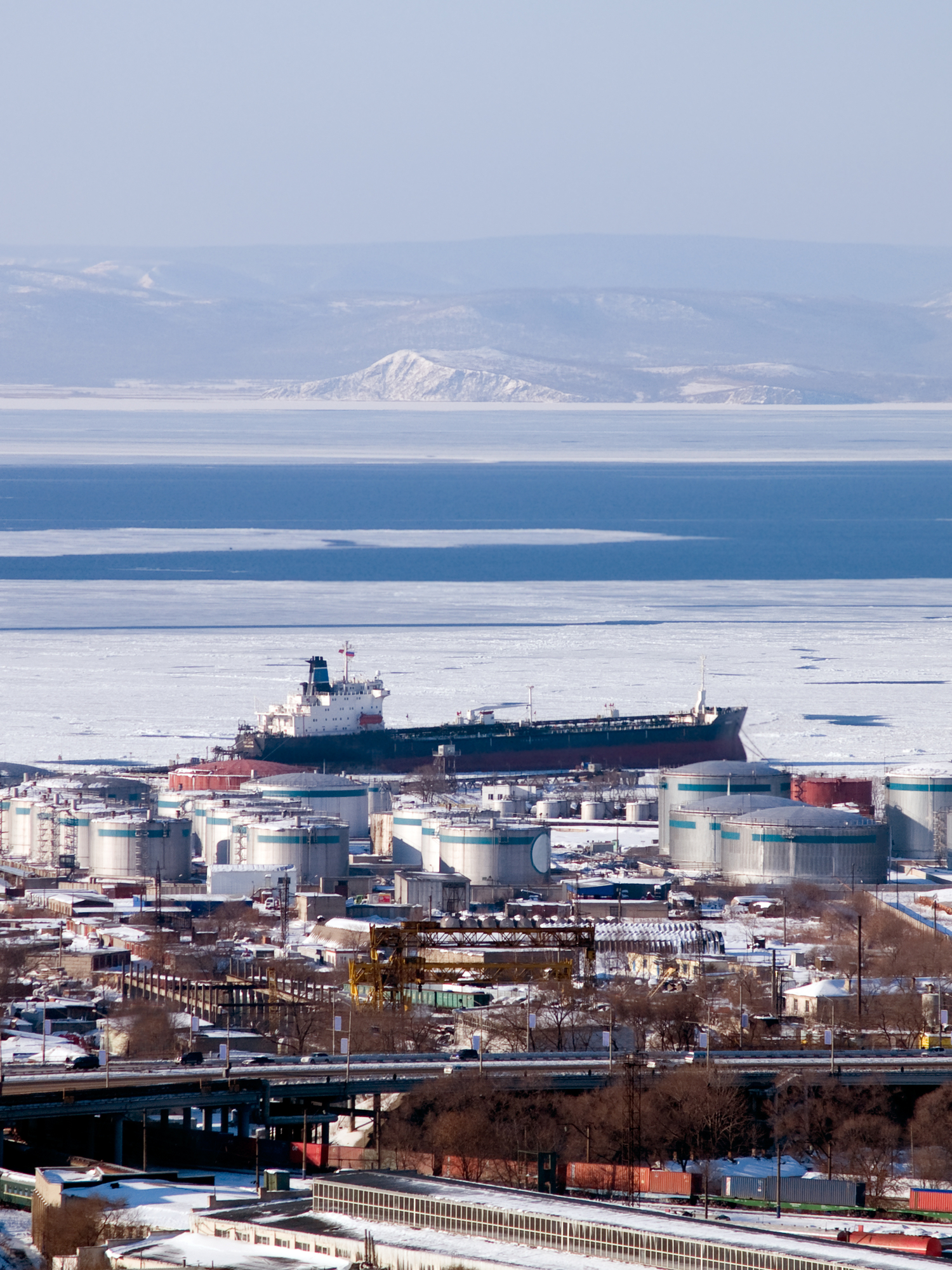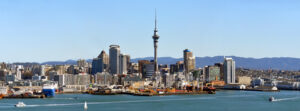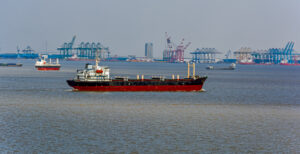EU countries have agreed to gradually phase out the remaining natural gas imports from Russia, with a full ban in place by 1 January 2028, breaking a dependency the bloc has struggled to end since Russia’s war on Ukraine.
The European Council agreed yesterday on its negotiating position on the draft regulation to phase out imports of Russian natural gas.
The EU energy ministers approved the plans, which would phase out new Russian gas import contracts from 1 January 2026, existing short-term contracts from June 2026, and long-term contracts in January 2028.
While confirming that Russian gas imports will be prohibited from 1 January 2026, the European Council allows for a transition period for existing contracts.
In particular, short-term contracts concluded before 17 June 2025 may continue until 17 June 2026, whereas long-term contracts may run until 1 January 2028.
The proposed regulation introduces a legally binding prohibition on both pipeline gas and liquefied natural gas (LNG) imports from Russia, with a complete ban to take effect from 1 January 2028.
The regulation will require all member states to submit national diversification plans outlining measures to diversify their gas supplies, with exemptions for countries that can demonstrate they no longer receive any direct or indirect imports of Russian gas.
The same requirement will apply to member states still importing Russian oil, with a view to ending these imports by 1 January 2028.
Gas and oil imports from Russia to the EU have both decreased significantly in recent years. However, while imports of oil have dropped to below 3% in 2025, Russian gas still accounts for an estimated 13% of EU imports in 2025, worth over €15bn annually.
The Council presidency will now begin negotiations with the European Parliament once the latter adopts its position, with the aim of agreeing on the final text of the regulation.
Lars Aagaard, minister for climate, energy and utilities of Denmark, said: “Although we have worked hard and pushed to get Russian gas and oil out of Europe in recent years, we are not there yet. Therefore, it is crucial that the Danish Presidency has secured an overwhelming support from Europe’s energy ministers for the legislation that will definitively ban Russian gas from coming into the EU.”



